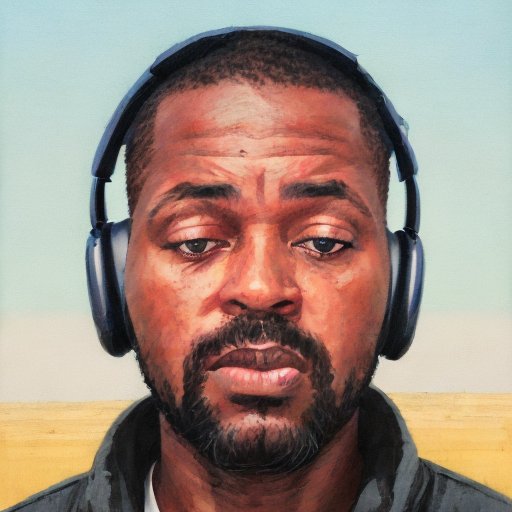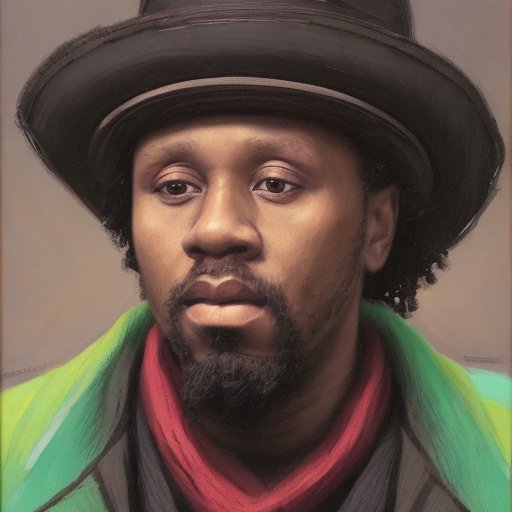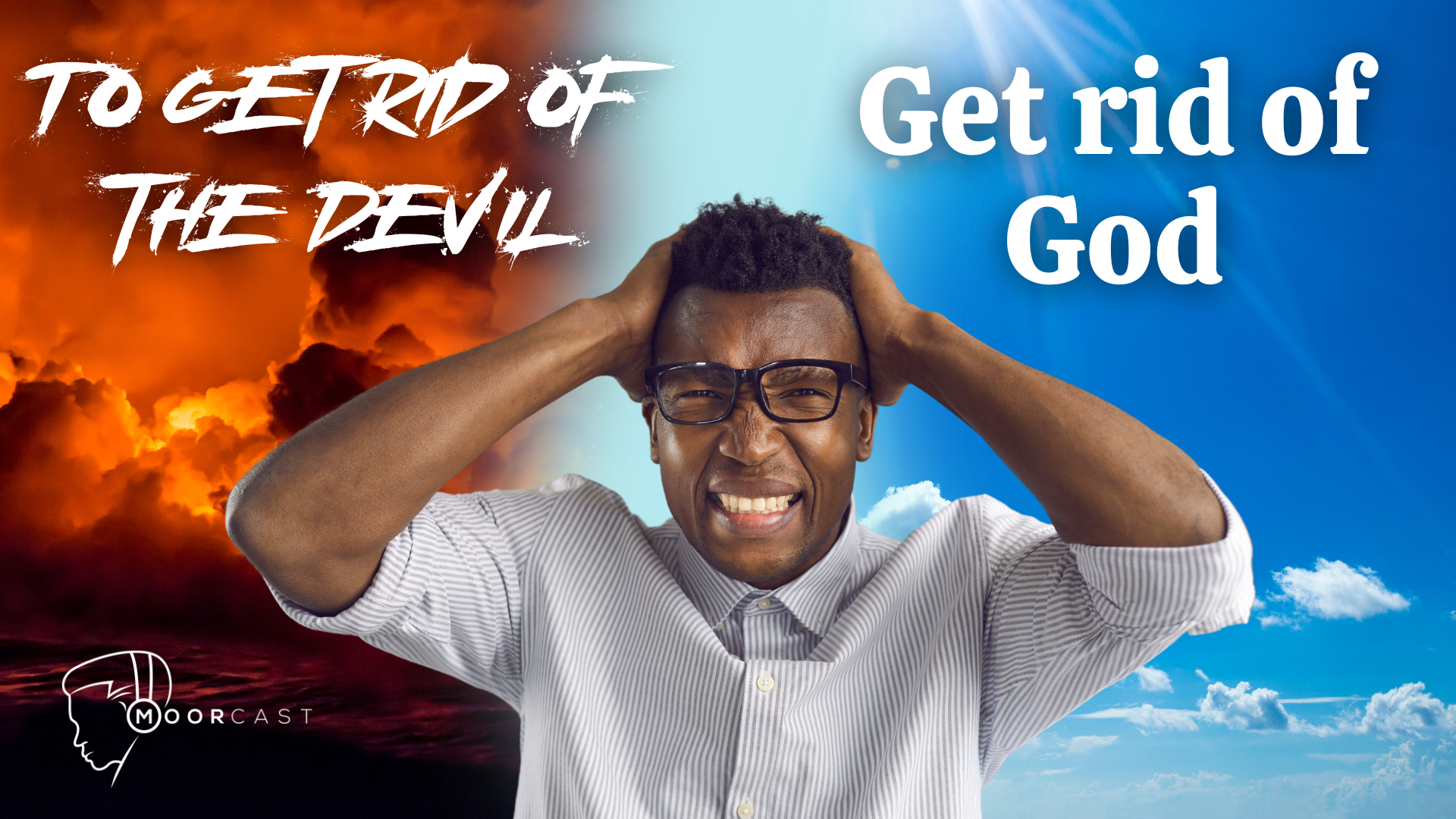🌟In the engrossing Moorcast episode'To Get Rid of the Devil, Get Rid of God,'the speakers embark on a deep dive into the fabric of divinity and creation.🌀The conversation circles around a unique perspective, challenging the traditional view of God as an acronym for Gold, Oil, and Drugs, and then transitions to explore God as a concept beyond physical resources.
🛐The speakers debate over the notion of God and creator, pondering whether they are separate entities or one and the same. The idea that the creation is not distinct from the creator emerges as a central theme, suggesting that the divine is woven into the very essence of existence, rather than existing as a separate, external entity. This notion dissolves the image of a deity 'sitting on a chair' and replaces it with an omnipresent power.
🧬The discussion delves into the nature of human beings as creators within their own right, contrasting our creativity with the instinctive actions of the animal kingdom. A provocative point is raised about the ease of externalizing God to avoid the weight of personal responsibility, thereby creating an 'out there' concept of both God and the devil.
🔗This leads to an exploration of the ramifications of locating God within ourselves. It's highlighted that doing so demands a greater sense of accountability for our actions, with the speakers suggesting that the devil isn't an external force acting upon us, but rather a manifestation of our inner selves.
💡The episode concludes with a critical look at the societal and institutional implications of externalizing God, hinting at how organized religion has profited from this perspective. The conversation ultimately circles back to humanity's intrinsic sense that there is something greater than ourselves, regardless of whether we internalize or externalize that feeling.
🌌'To Get Rid of the Devil, Get Rid of God'challenges listeners to reconsider where they place the divine in their lives and encourages a reflection on the inherent power within to create and change our reality.



